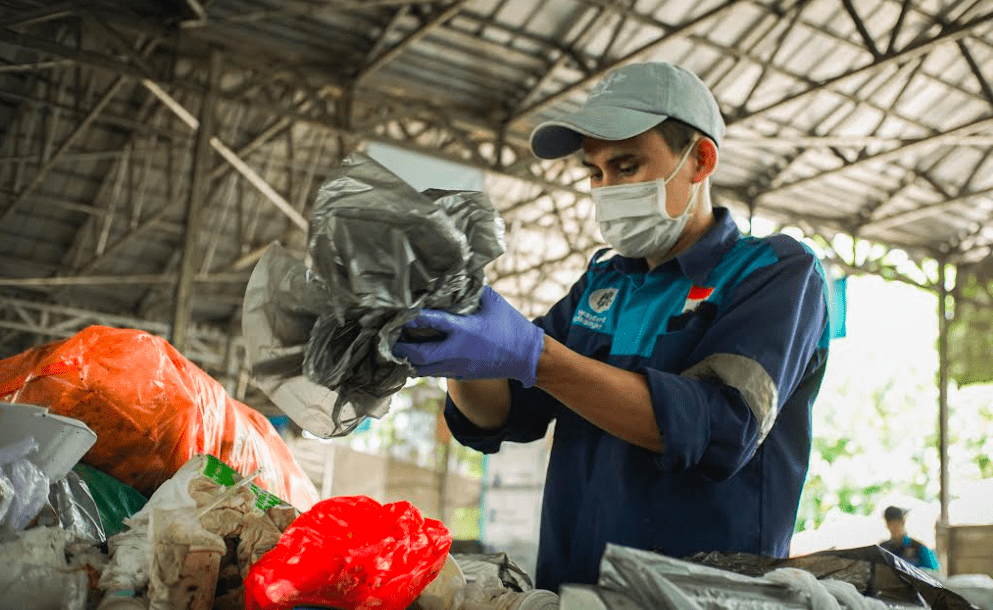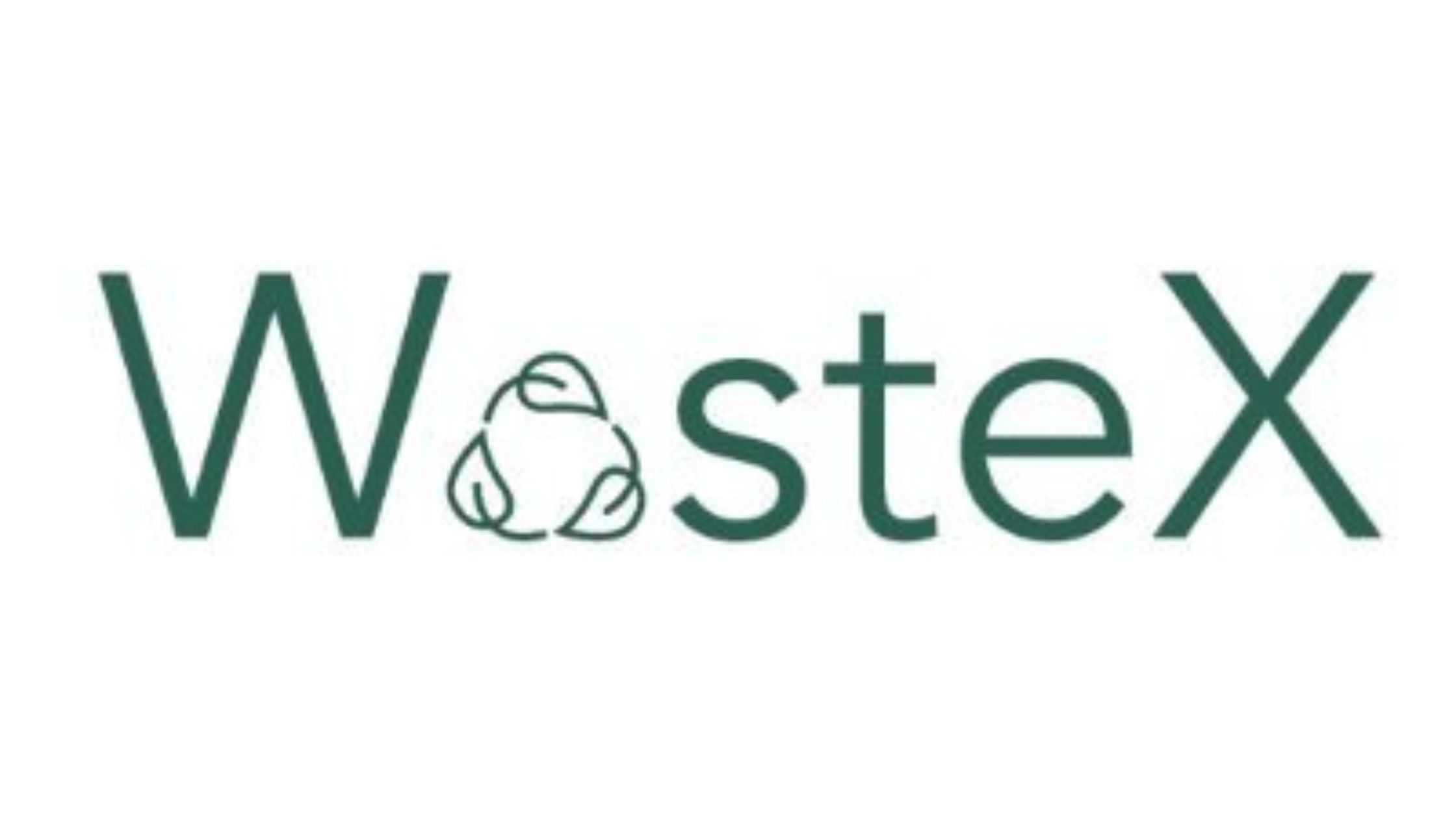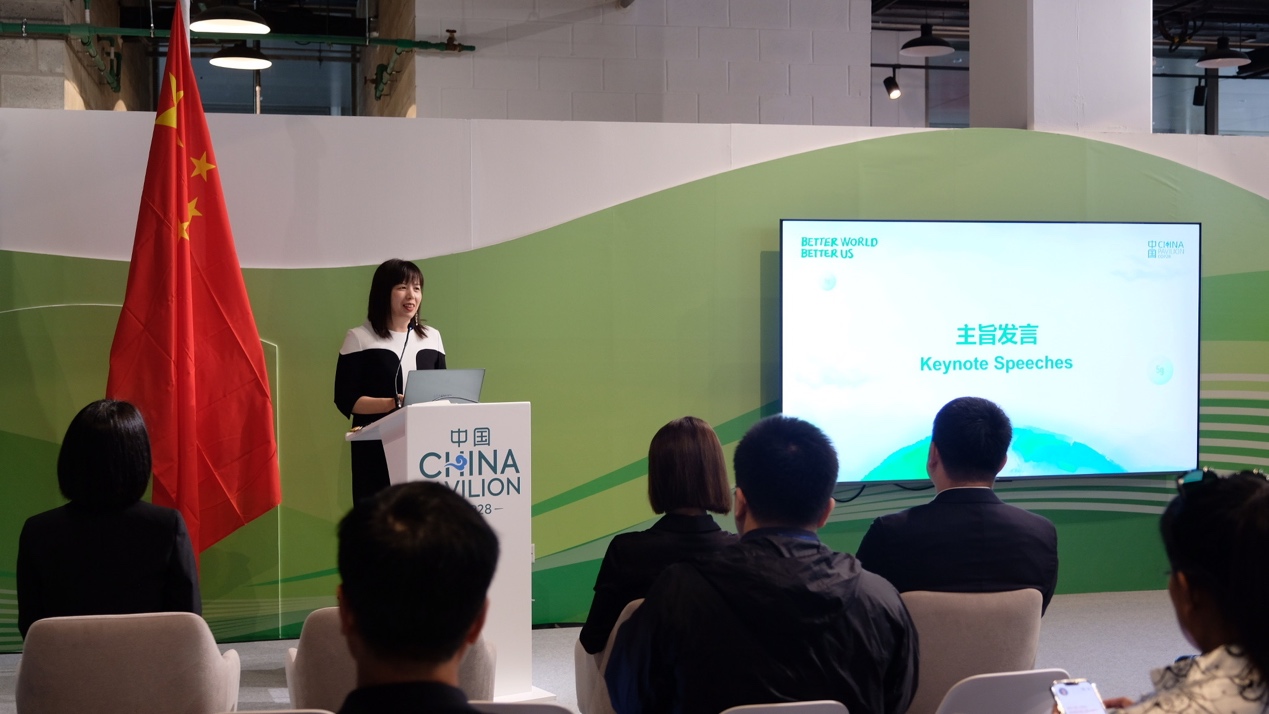AsiaTechDaily – Asia's Leading Tech and Startup Media Platform

AC Ventures co-leads $5m funding in waste management tech Waste4Change
Indonesia-based waste management technology firm Waste4Change announced that it secured a $5 million Series A funding round, co-led by AC Ventures and PT Barito Mitra Investama. The round was joined by Basra Corporation, Paloma Capital, PT Delapan Satu Investa, Living Lab Ventures, SMDV, and Urban Gateway Fund.
Waste4Change is a waste management platform for companies, individuals, and government agencies in Indonesia. The firm’s mission since its inception in November 2014 has been to solve waste problems to prevent leakage to the environment and to reduce the amount of waste that ends up in landfills.
Waste4Change will use the fresh capital to further expand its reach and increase waste management capacity up to 100 ton per day in next 18 months and reach more than 2,000 tons per day over the next five years.
This involves integrating more digital technology into the monitoring and recording processes of the waste management flow and automating material recovery facilities.
It will also help Waste4Change to strengthen partnership with the country’s informal solid waste sector,
currently powered by scavengers, waste banks, waste stalls, and waste aggregators.
Waste4Change is present in 21 Indonesian cities, managing more than 8,000 tons of waste per year. It has collected waste from 100+ B2B clients and 3,450+ household clients. Since 2017, it has grown at a CAGR of 55.1%.
“Indonesia’s waste management sector is still growing, and we are more than ready to assist in the process. With its low 11-12% recycling rate based on Ministry Environment and Forestry data, we know that there are still a lot of valuable materials ready to be brought back into the loop,” said Waste4change founder and CEO Mohamad Bijaksana Junerosano.
With a population of more than 270 million, Indonesia has the largest waste management problem in Southeast Asia, with the recycling rate based on Ministry Environment and Forestry’s data still remarkably low at 11-12%. But this may soon change as regulators bring new policies into the fold.





